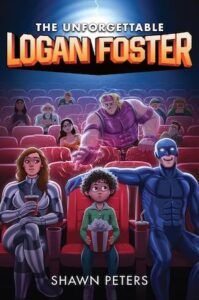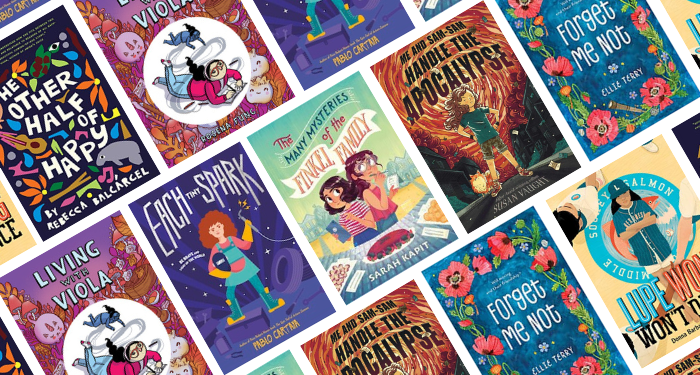
8 Fabulous Middle Grade Novels With Neurodivergent Characters
Middle grade novels with neurodivergent characters have become increasingly more prominent. This reflects a larger phenomenon: the growing acceptance of neurodivergence or neurodiversity, a concept coined in the late 1990s to signify that not all brains function the same way – and that this is okay.
The term “neurodiversity” was first used by sociologist Judy Singer in 1997. Singer, who is autistic, posits that variations in the way the human brain learns, behaves, and processes information are normal. Neurodiversity advocates explain that diversity is not the problem: it’s the fact that society is so ill-equipped to understand and accommodate it.
Back when Singer first started using the word, “neurodiversity” only applied to autism. But in the 20+ years since, it has become an umbrella term that covers autism, Tourette syndrome, ADHD, dyslexia, and more. Because it has not been accepted by the medical field yet, this concept remains somewhat open: anxiety disorders, for instance, are a grey area: some recognize them as neurodivergent, others do not.
Regardless, it is safe to say that it’s good for children to see themselves and others on the page. The benefits of representation are plenty and well-known, after all. In this round-up, you will find eight middle grade novels with neurodivergent characters. Some of them are the protagonists, others side characters. Some are #OwnVoices, others are not. But they’re all delightful.
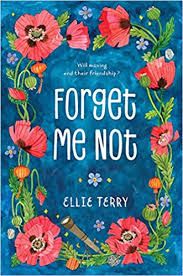
Forget Me Not by Ellie Terry
Calliope June and her mother move often. When she starts at a brand-new school, she tries to keep her Tourette syndrome a secret from her classmates. It soon comes out, however, and only one kid sees her as the good and interesting person that she is. Will he make their friendship public?
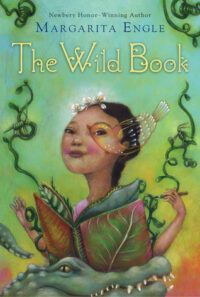
The Wild Book by Margarita Engle
Fefa’s dyslexia causes her to have trouble with words. As a result, her mother gives her a blank book and a piece of advice: she’s to think of it as a garden. Soon, her words are blooming like delicate flowers and sturdy trees. And oh, by the way, her book may be the one thing to save her family.
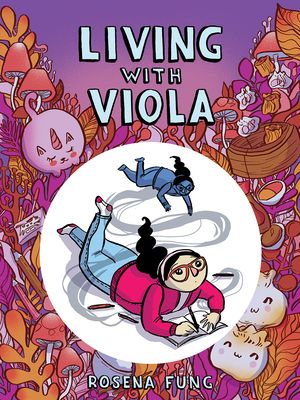
Living With Viola by Rosena Fung
It is hard enough to live with yourself sometimes. When the personification of your anxiety materializes and shadows you everywhere? Welcome to Livy’s life.
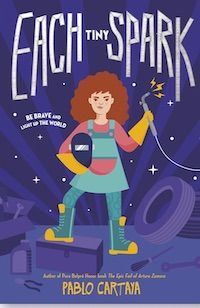
Each Tiny Spark by Pablo Cartaya
When Emilia’s father returns from deployment, she thinks everything will be back to the way it was before he left. But between her father’s PTSD, her own ADHD, and the tumult surrounding her community, life becomes more complicated than before. Throughout these challenges, Emilia must find her voice.
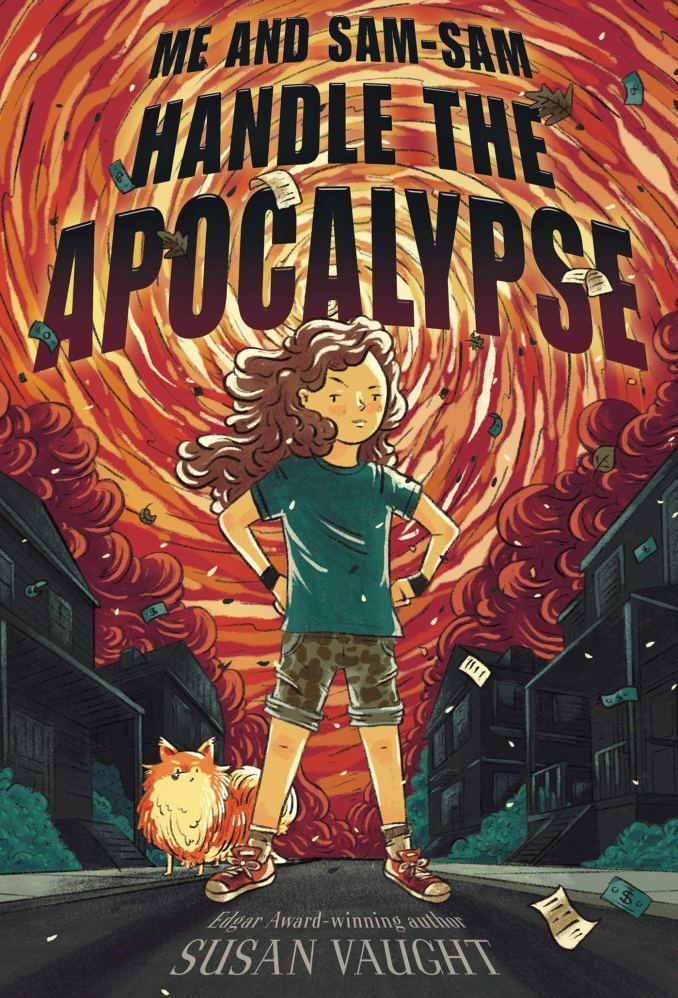
Me and Sam-Sam Handle the Apocalypse by Susan Vaught
Jesse is on a mission: she’s determined to prove that her dad is innocent of the crime he’s been accused of. But Jesse is autistic, which makes her feel that she does not have what it takes to solve crimes. However, the threat of a tornado lets Jesse and her fluffy Pomeranian, Sam-Sam, show everyone what they’re capable of.
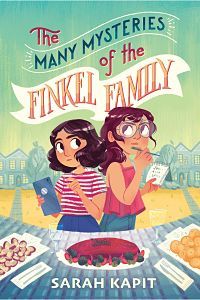
The Many Mysteries of the Finkle Family by Sarah Kapit
It is a fact of life that siblings fight. But when two sisters set out to solve mysteries together? The conflict may be too much to handle peacefully. Caroline and Laura, the two lead detectives behind FIASCCO (Finkel Investigation Agency Solving Consequential Crimes Only), seem to have little in common besides autism. But the sisters must find a truce, and soon, if they’re to solve their cases.
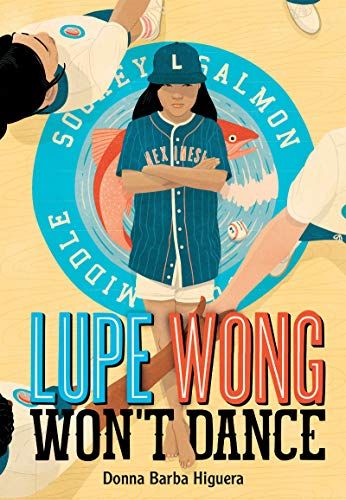
Lupe Wong Won’t Dance by Donna Barba Higuera
Lupe Wong has been a champion for many causes. When something is not right, she doesn’t hesitate to speak up. So, when square dancing becomes A Thing in gym class, this future first female pitcher in the Major Leagues will do something about it. Especially because she needs to get an A in all her classes if she’s to meet Fu Li Hernandez, her favorite pitcher who’s Chinacan/Mexinese just like her.
This book features an autistic secondary character: Miles, Lupe’s best friend.
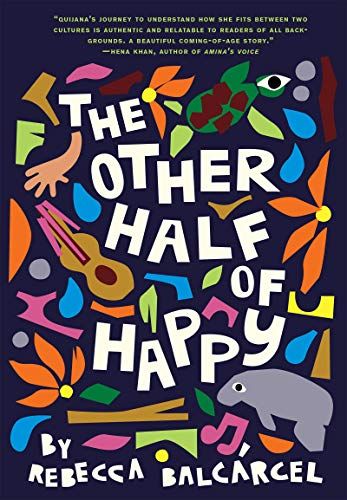
The Other Half of Happy by Rebecca Balcárcel
Quijana does not appreciate being considered half white or half Latina. She used to think of herself as Pangaea, unsplit. But now, she’s been asked to speak Spanish with her new-to-town Guatemalan cousins. Suddenly, Quijana is trying to navigate between her Guatemalan and Anglo heritages, grapple with her feelings for her new crush, and reach out to her autistic brother, who is increasingly withdrawn.
Are you in the market for more middle grade novels? What about other books about neurodiversity?



